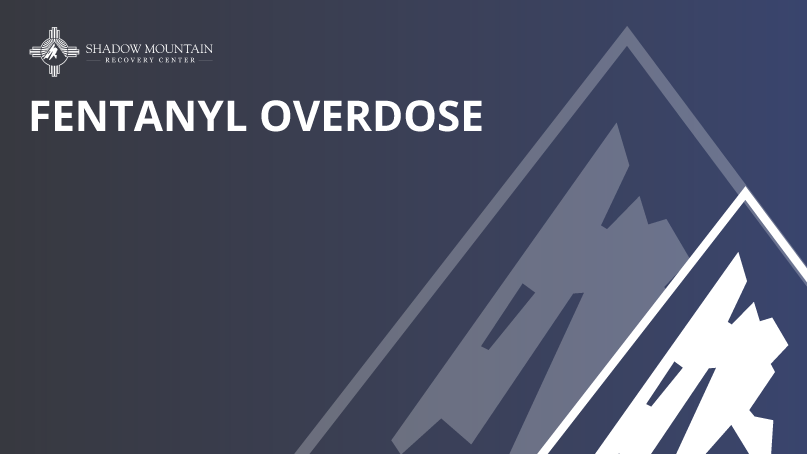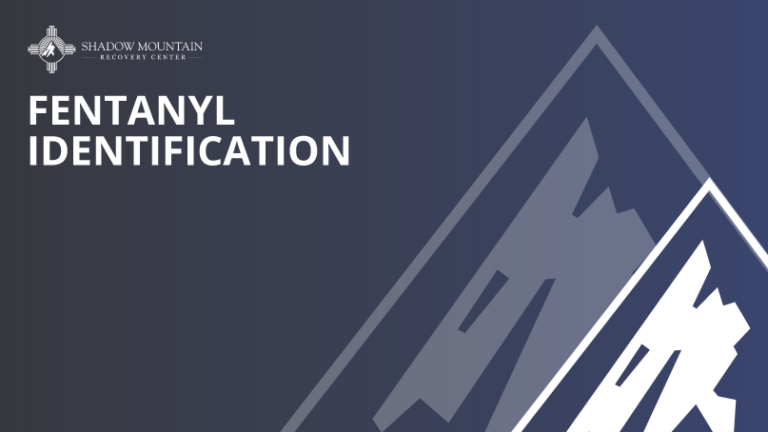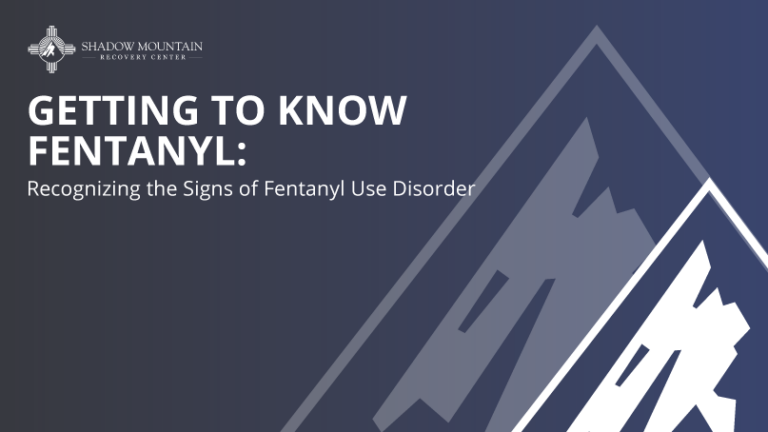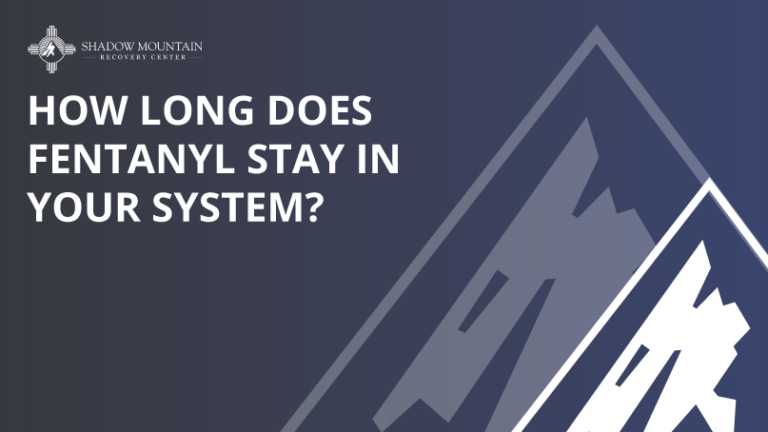Fentanyl Overdose
Around 2 out of 3 overdose deaths in New Mexico involve an opioid such as fentanyl. Fentanyl is a powerful medication designed to treat people who are in extreme pain but is increasingly taken as an illicit substance due to its euphoric effects. A fentanyl overdose can be deadly, but life-saving treatments are available. Individuals who struggle with fentanyl use can recover with the help of fentanyl overdose treatment.
What Is A Fentanyl Overdose
A fentanyl overdose is when a person takes enough fentanyl to produce life-threatening symptoms. Fentanyl affects every person differently, so there is no way to tell how much fentanyl it takes to cause an overdose. A person’s overall health, size, and the amount of time they have been using fentanyl contribute to a person’s overdose threshold, but there is no safe amount of fentanyl to use unless prescribed by a doctor.
Early Warning Signs of a Potential Fentanyl Overdose
If someone overdoses on fentanyl, they will become very sleepy and find it difficult to wake up. Their breathing will become extremely slow and shallow. A person experiencing overdose will likely pass out, and their body will become limp. Their pulse will become slow, and their face will likely become pale and clammy. It is common for a person’s lips or fingertips to turn a blue or purple color due to a lack of oxygen.
Symptoms Of Fentanyl Overdose
Around 150 people die from fentanyl overdose every day. This is partly because illicit substances are often mixed with fentanyl without the buyer’s knowledge. Mixing other substances with fentanyl increases the potency of the substance and increases the risk of overdose. Fentanyl test strips have recently become legal in New Mexico, are inexpensive, and can prevent overdose by helping you know if a substance contains fentanyl. If a person displays the following signs and symptoms, it is likely that they have taken a life-threatening amount of fentanyl and require medical attention immediately. Some of the symptoms of overdose include:
- Blue, purple, or gray lips and fingers
- Body stiffness
- Seizure
- Foaming at the mouth
- Confusion
- Unresponsive
Dangers Of An Overdose
Fentanyl is a very potent substance. It is difficult to determine the difference between a dose that can create a euphoric feeling desirable by a substance user and a fatal dose.
Overdosing on fentanyl can result in a condition known as hypoxia. Hypoxia is when a person’s breathing slows down or stops, leaving the brain without enough oxygen to function properly. Hypoxia can lead to a person having permanent brain damage, coma, or death.
In The Event Of An Overdose
If a person overdoses on fentanyl, it is important to call 911 to tell them that someone has overdosed and is unresponsive. You can administer a potentially life-saving medication if you have naloxone, also called Narcan. Naloxone is a medication that can reverse the effects of opioid use. In New Mexico, anyone can obtain naloxone from a pharmacy at no cost to themselves. Usually, a person who is given naloxone resumes breathing after receiving a full dose. Because fentanyl is a powerful opioid, it may take more than one dose for the person to recover. If no naloxone is available and the person has stopped breathing, someone trained in CPR should perform CPR until paramedics arrive. The Good Samaritan Law states that a person reporting an overdose can not be charged for possessing similar substances, so know you will not be prosecuted for substance possession or use if you reach out for help to save someone’s life.
Who Is At Risk Of A Fentanyl Overdose
Anyone who uses fentanyl without the supervision of a medical professional is at risk for a fentanyl overdose. Fentanyl is a powerful opioid, and it can be difficult to determine the correct dosage to produce the desired effect. Also, anyone who uses illicit substances is at risk due to fentanyl often being added to other substances to increase the desired effect.
Risk Factors For Fentanyl Overdose
Several risk factors for fentanyl overdose exist, including:
- Changes in tolerance from using decreased use or a period of abstinence
- Using a different quality or purity of fentanyl
- Mixing fentanyl with other substances
- Poor nutrition
- The presence of a serious health condition
- Surviving a past overdose
Understanding the Common Signs Of Fentanyl Overdose
If you suspect that someone has overdosed on fentanyl you should check to see if they are responsive. If they are not responsive, check to see if they are breathing. A person experiencing a fentanyl overdose is probably not getting enough oxygen and will likely have blue or purple lips or fingertips. If a person experiencing a fentanyl overdose is responsive, they will likely experience confusion. If you suspect someone may be overdosing on fentanyl, call 911 and administer naloxone if it is available. Naloxone will not harm someone who has not been using fentanyl or other opioids, so there is no risk of giving it in the absence of substance use.
What Are The Treatment Options For Fentanyl
Shadow Mountain Recovery Center offers a detox treatment program for those working to end fentanyl use and achieve recovery. In detox, a person will stay in a detox facility while the fentanyl leaves their system. Because a person’s body has become used to the presence of fentanyl, a person in detox will feel sick while their body adjusts to abstinence from fentanyl. It is recommended that a person attends detox treatment in a licensed detox facility. In a facility, the staff will administer medication to decrease a person’s withdrawal symptoms, keep the person comfortable, and be available 24/7 in case of a complication. Detox from fentanyl usually lasts around seven days.
After detox, Shadow Mountain offers residential and outpatient programs to help a person continue their recovery after the detox stage is complete. During treatment for fentanyl use, a person will benefit from evidence-based approaches that will give them the skills to overcome fentanyl use long-term.
If you are interested in learning more about treatment for fentanyl use, call Shadow Mountain at 505-657-2117. Our staff is ready to help you receive the individualized treatment you deserve to experience recovery.
FAQs About Fentanyl Overdose
Why Was Fentanyl Developed?
Fentanyl is a potent opioid medication that is useful for treating chronic pain. Because it is incredibly powerful, it should not be used without the supervision of a medical professional. Fentanyl has become a popular illicit substance that caused over 70,000 deaths in 2021
What Are The Common Symptoms of Fentanyl Withdrawal?
Someone experiencing withdrawal from fentanyl will experience intense cravings for fentanyl, mood swings, nausea, vomiting, sweating, aching muscles, and fever. Withdrawing in a treatment center can give a person access to treatments that will decrease withdrawal symptoms.
Where Can I Find Naloxone?
Naloxone is a medication that can stop fentanyl or other opioid overdoses. Anyone in New Mexico can obtain naloxone at no cost at a pharmacy.










